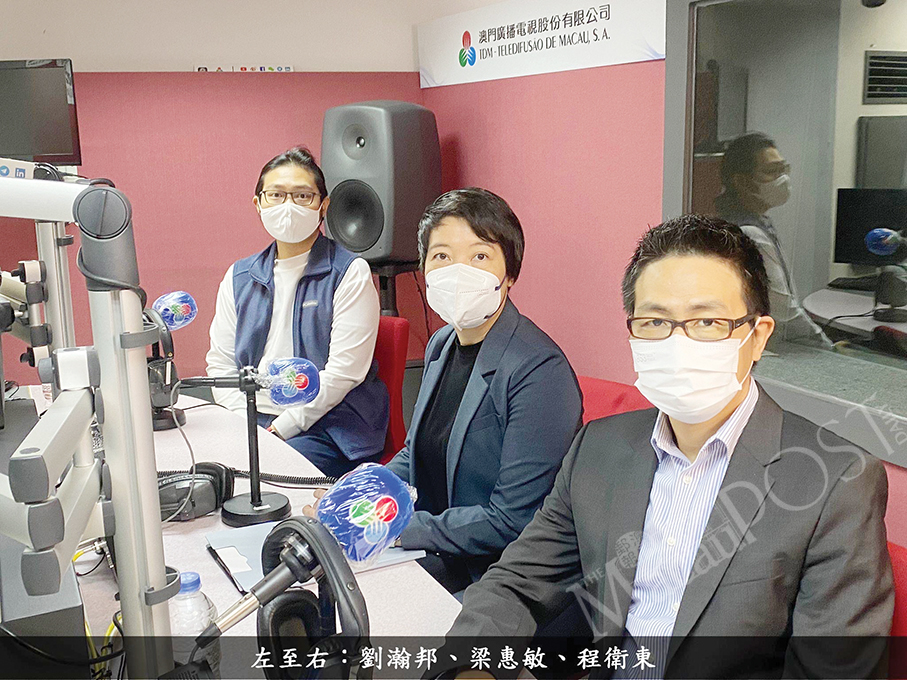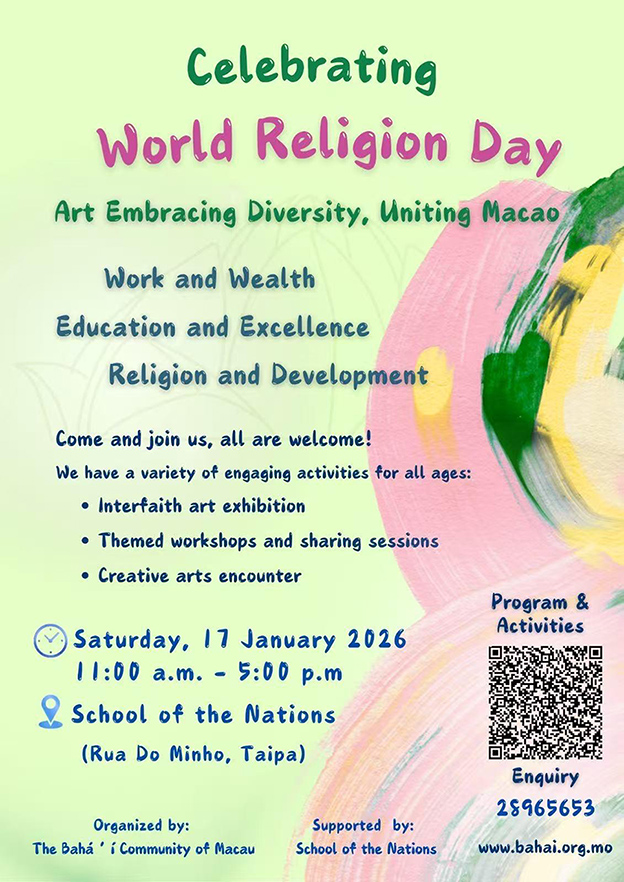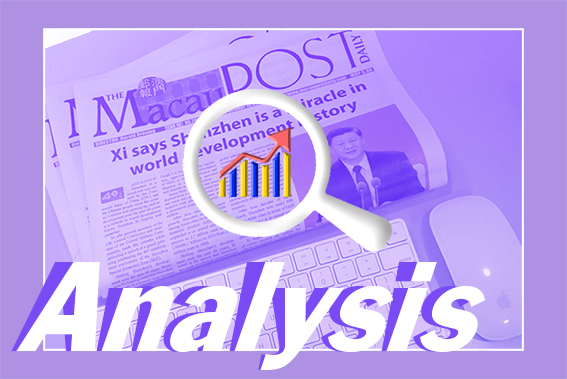Macau Government Tourism Office (MGTO) has reserved a budget of 650 million patacas this year for expanding the local tourism industry, which will be allocated according to market conditions, MGTO Deputy Director Cheng Wai Tong said yesterday, adding that part of the budget, 118 million patacas, has been set aside for its subsidy programme for group tours, including those from the mainland, Taiwan and foreign visitors, the effectiveness of which will be reviewed early next month.
Cheng noted that part of the budget will be used for individual travel, MGTO’s cooperation with e-commerce platforms (OTA), as well as subsidy schemes and promotion campaigns in cooperation with airlines, such as the “buy one get one free” programme that has been launched in conjunctio with Air Macau.
Cheng made the remarks on the sidelines of yesterday’s phone-in programme hosted by public broadcaster TDM’s Chinese-language radio station, Ou Mun Tin Toi.
Cheng pointed out that after being affected by the COVID-19 pandemic for three years, local travel agencies and tourist sources need support from the government to resume their operational capacity so that tourists can come to Macau at affordable prices.
Macau detected its first COVID-19 case on January 22, 2020.
Cheng said that MGTO has discussed with Air Macau the feasibility of increasing the number of international flights to two or three a week, enabling foreign passengers to stay in Macau for “a reasonable number of days”, adding that the aviation sector is still recovering their human resources one month on from the relaxation of the local government’s COVID-19 prevention and control policies.
According to Cheng, MGTO’s counterpart in Hong Kong and the business sector will visit Macau again over the weekend. He pointed out that the two governments will formally discuss details of joint tours between Hong Kong and Macau to promote the international market.
Meanwhile, talking about the government’s “Strolling through Almeida Ribeiro – Pilot Scheme for a Pedestrian Area” during the phone-in programme, Cheng said he believed that many tourists enjoyed the 5-day pedestrianisation of San Ma Lou, adding that MGTO would continue to cooperate with the Cultural Affairs Bureau (IC) in transforming local neighbourhoods into tourism resources.
San Ma Lou (“New Road”) is known in Portuguese as Avenida de Almeida Ribeiro.
Cheng pointed out that the image of Macau as a tourist destination has changed, adding that 85 percent of the tourists visiting Macau are young and middle-aged people between the ages of 18 and 35, mostly females. Cheng also pointed out that most of them mainly go shopping or savour delicious food in Macau, with less than five percent coming for gambling.
Targeting young tourists, Cheng said, MGTO has carried out more online promotion campaigns in recent years, adding that the local tourism products have become “younger” and up-to-date.
Moreover, IC President Leong Wai Man said during yesterday’s phone-in programme that San Ma Lou was mostly regarded as the city’s main thoroughfare in the past, adding that the 5-day pedestrianisation of San Ma Lou was a new experience event that triggered more people’s interest in the architecture and history of the area, and also helped promote the economy and tourism of local neighbourhoods.
There are many characteristic streets surrounding San Ma Lou, Leong pointed out, which made the benefit of the pilot scheme even greater.
According to Leong, the bureau is still considering the possible form and schedule of the pedestrianisation event to be held in the future as it is necessary to balance traffic and travel.
Macao Heritage Ambassadors Association (MHAA) President Lao Hon Pong pointed out during the phone-in programme yesterday that the 100-year history of San Ma Lou showed the change in people’s lives and commercial development in Macau for a century.

Macao Heritage Ambassadors Association (MHAA) President Lao Hon Pong (from left to right), Cultural Affairs Bureau (IC) President Leong Wai Man, and Macau Government Tourism Office (MGTO) Deputy Director Cheng Wai Tong pose during yesterday’s phone-in programme hosted by public broadcaster TDM’s Chinese-language radio station, Ou Mun Tin Toi.
– Photo courtesy of TDM









